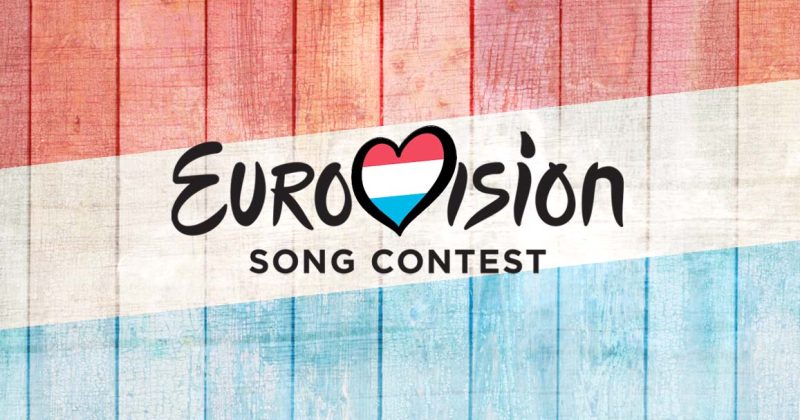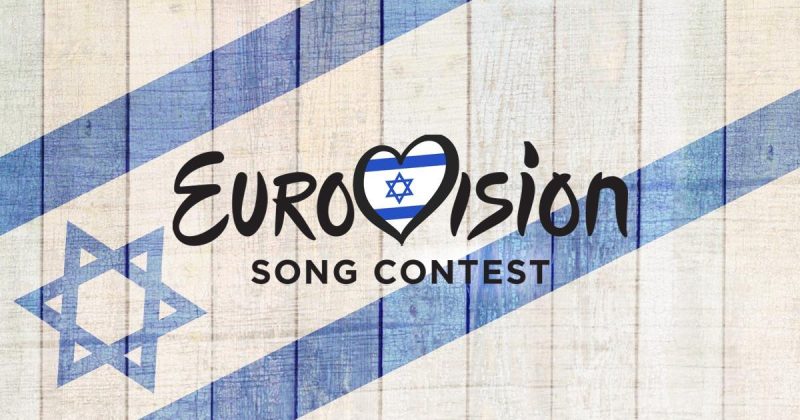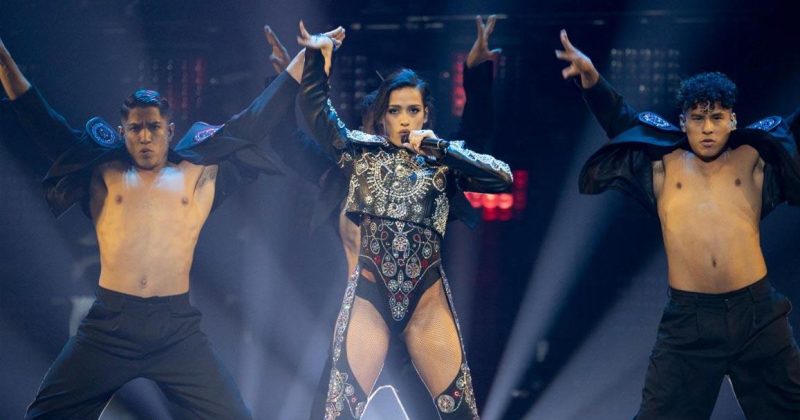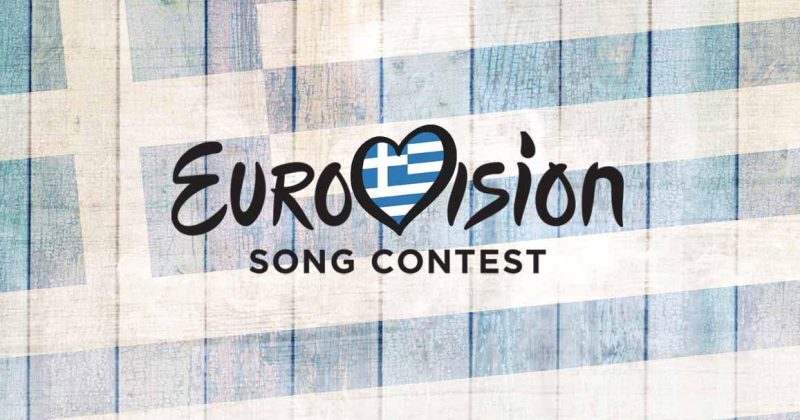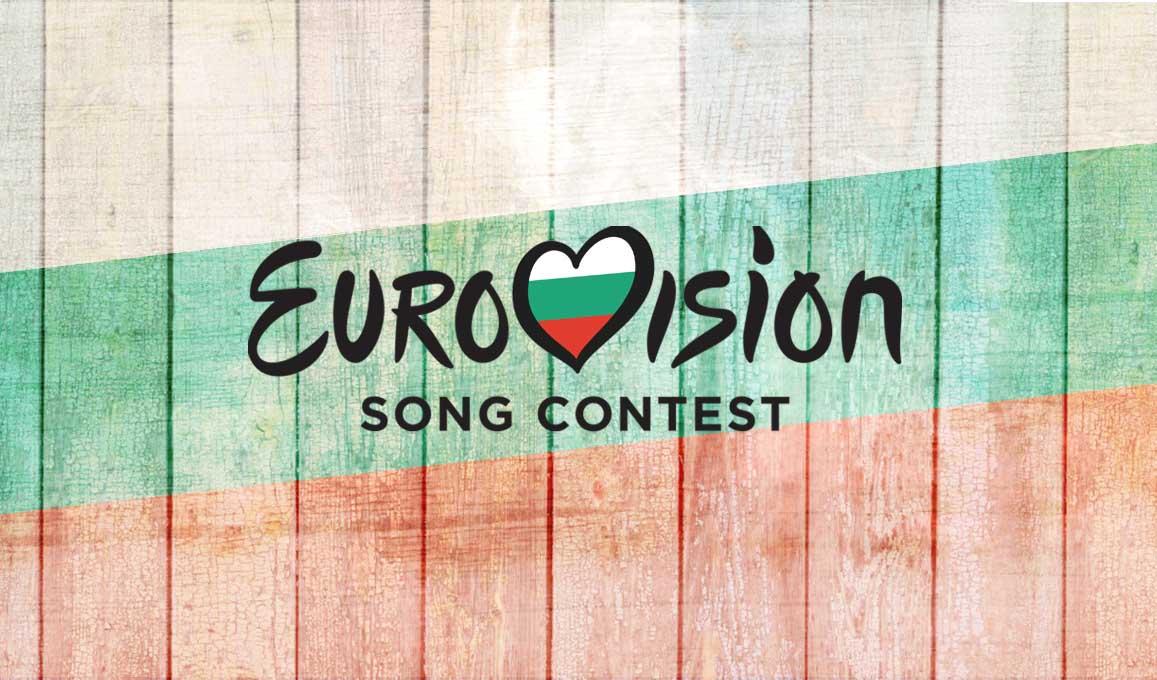
Kristian Kostov exposes provocative claims about voting manipulation, country alliances, and dilemmas stirring Eurovision ahead of 2026 – is the contest truly fair?
Kristian Kostov, who represented Bulgaria at Eurovision 2017 with the song “Beautiful Mess” and achieved an impressive second place, recently reignited discussions about the fairness and reliability of Eurovision voting. In a TikTok video that was published recently, Kostov claimed that “Eurovision results are not always reliable,” hinting at the influence of behind-the-scenes connections—especially among the juries. According to him, the path to victory is not always based solely on the music, and he suggested completely abolishing the jury voting system.
Behind-the-scenes allegations: Is it really all about ‘connections’?
Kostov was candid in his latest TikTok video when asked if he had bought votes: “You’re implying I bought it, and I’m broke! I wish I could buy it but I can’t…” He continued by stating that “Eurovision results are neither fully reliable nor completely unreliable,” alluding that “everything is decided by behind-the-scenes connections,” particularly concerning jury votes. This statement raises significant questions about the transparency of the contest.
According to Kostov, he believes that winning Eurovision is not always achieved entirely through fair means, and he called for the complete removal of professional jury voting, leaving only televoting. This is a stance many fans might relate to but also sparks debate over balancing artistic merit and popularity.
@etogary Кристиан Костов о Евровидении. Кристиан занял 2е место от Болгарии. @Kristian Kostov #евровидение ♬ original sound – Гэри Грей
How does Eurovision voting actually work?
Since 2009, the voting system has consisted of a 50/50 split: half of the points are determined by professional juries and half by the viewing public. This system was introduced following criticism of “bloc voting”—a phenomenon where countries award high points to neighboring or allied countries regardless of song quality. To improve transparency, in 2016, the scoring presentation was changed to display separate tables for jury and televoting results; in 2023, the “Rest of the World” vote was also added.
A closer look: Kostov’s 2017 votes and the jury-public gap
That year, Bulgaria finished second overall with 615 points, receiving 337 points from the public and 278 from the juries. Portugal, which won the contest that year with Salvador Sobral, amassed 758 points—382 from juries and 376 from the public.
These numbers tell an interesting story: both juries and the public ranked Portugal first and Bulgaria second. In other words, there was no significant divergence between jury and public preferences regarding the top two positions. Portugal received more points from juries, but the public also placed it first, though by a smaller margin.
This indicates that the juries did not “rob” Kostov of a victory the public would have granted him, nor did “connections between countries” skew results significantly away from public preference. While gaps between jury and public voting can be large at times, Kostov’s 2017 results reveal a relative consensus at the top.
Israel in 2025: Controversial public vote victory and lessons for Eurovision 2026
In Eurovision 2025, we witnessed another reminder of the voting system’s complexity and its impact on public perception, this time from our own side. Israel, with the song “New Day Will Rise” by Yuval Rafael, won the public vote, earning an impressive 278 v points from televoting. This was a phenomenal achievement, reflecting massive public support for the song.
However, unlike previous years where the public generally defended televoting results (such as Käärijä in 2023, who many claimed was “robbed” of victory), this year a significant portion of the international public criticized Israel’s public vote victory. The accusations were not musical but centered on suspicions of “vote financing” amid political tensions. The public, which previously defended its vote against jury decisions, now found itself scrutinizing televoting choices that supported Israel by a wide margin.
This situation underscores how Eurovision, unfortunately, has become a battleground influenced by factors beyond music alone. It points to the need to reinforce the artistic narrative going into Eurovision 2026.
Bulgaria at Eurovision 2022
For Eurovision 2022, Bulgaria sent Intelligent Music Project with their song “Intention,” which interrupted Bulgaria’s streak of successes as they failed to qualify for the final for the first time since Eurovision 2013. The band finished sixteenth out of seventeen countries in the first semi-final held in Turin, Italy, receiving a total of 29 points, split to 11 points from juries and an additional 18 points from public voting. Following this participation, drummer Stoyan Yankoulov became the first artist to represent Bulgaria three times at Eurovision after participating in both Eurovision 2007 and Eurovision 2013.
Following this participation, Bulgaria was absent for the fourth time due to financial circumstances, as the Bulgarian National Broadcaster BNT could not fund Bulgaria’s participation in Eurovision 2023 held in Liverpool, England. This absence extended into another year, and Bulgaria also did not participate in Eurovision 2024 held in Malmö, Sweden, marking its fifth absence. Now we know that Bulgaria will also be absent from Eurovision 2025 in Basel, Switzerland, making this the sixth absence and the third consecutive year.

Email: [email protected]
Phone: +072-50-9441919
Noy Yehoyada is an Israeli journalist and content creator at the EuroMix team since 2024, bringing a personal, feminine, and LGBTQ+ voice into the Eurovision sphere. A devoted Eurovision fan since the age of 16, she plays an active role in covering the contest—including on-site reporting at Eurovision 2025 in Basel and across European pre-party events. Alongside her writing and commentary, Noy plans the editorial schedule for the website, closely tracks national selections and song reveals, participates in live broadcasts, and creates digital content focusing on representation, musical diversity, and emotional connections.
Beyond her work at EuroMix, Noy has over six years of experience in the cosmetics and pharma industries, with a background in sales, personal consulting, and managing beauty departments. She enjoys pop, rap, contemporary art, and traveling in Europe—and especially loves songs that make her want to dance, as well as those that tell a story.




